Table of Contents
Potatoes are one of the most widely consumed vegetables around the world. Whether you prefer them baked, boiled, mashed, or fried, there’s no denying that potatoes are a staple in many households. But did you know that besides being a delicious addition to your diet, potatoes also offer a range of health benefits? From providing essential nutrients to aiding digestion, here are 15 incredible benefits of potatoes that make them a must-have in your diet.
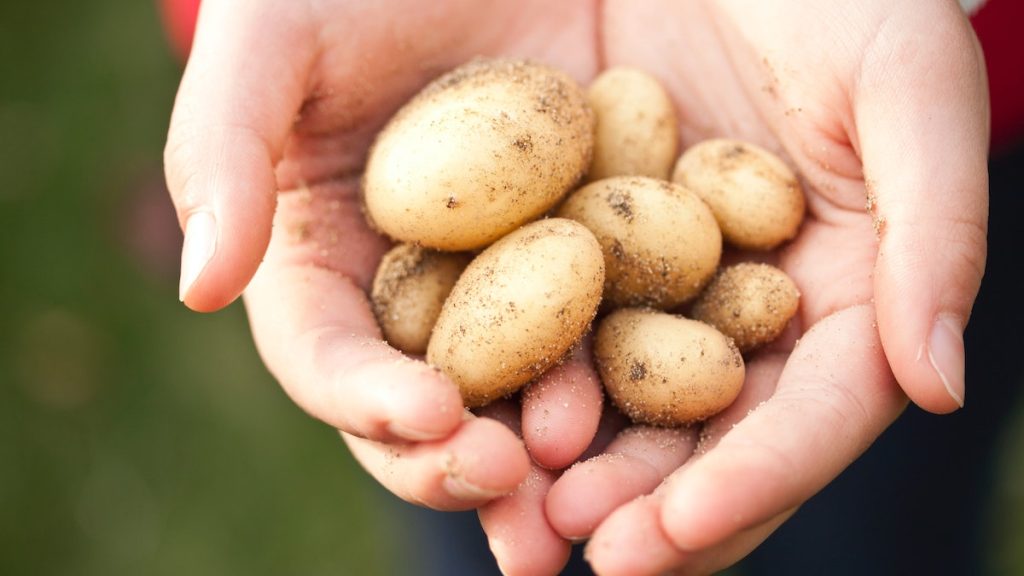
Potatoes are Rich in Nutrients
Potatoes are a rich source of vitamins and minerals that are essential for maintaining good health. A single medium-sized potato provides you with:
- Calories: 161
- Fat: 0.2 grams
- Protein: 4.3 grams
- Carbs: 36.6 grams
- Fiber: 3.8 grams
- Vitamin C: 28% of the RDI
- Vitamin B6: 27% of the RDI
- Potassium: 26% of the RDI
- Manganese: 19% of the RDI
- Magnesium: 12% of the RDI
- Phosphorus: 12% of the RDI
- Niacin: 12% of the RDI
- Folate: 12% of the RDI
What Is The History Of Potatoes?
Potatoes are a staple food in many parts of the world, but their history is somewhat mysterious. Here’s a brief overview of the history of potatoes:
Potatoes are native to the Andes Mountains in South America, where they were first cultivated by the Incas around 8,000 years ago. The Incas recognized the nutritional value of potatoes and used them in a variety of ways, including boiling, roasting, and drying them for storage.
When Spanish explorers arrived in South America in the 16th century, they brought potatoes back to Europe, where they quickly became popular. By the 18th century, potatoes had become an important crop in many parts of Europe, particularly Ireland, where they helped to alleviate famine and became a staple food for the poor.
Potatoes were also brought to North America in the 17th century, where they were grown by colonists and became an important food source for Native Americans. They eventually became an important crop in many parts of the United States, particularly in the Midwest.
What are potatoes?
Potatoes are starchy root vegetables that are a staple food in many parts of the world. They are part of the nightshade family and come in a variety of sizes, shapes, and colors, including white, yellow, red, and purple. Potatoes can be boiled, mashed, roasted, baked, fried, or eaten raw, and they are used in a wide variety of dishes such as soups, stews, curries, and salads. They are a good source of carbohydrates, dietary fiber, and several vitamins and minerals, including vitamin C, potassium, and iron.
The Different Types Of Potatoes?
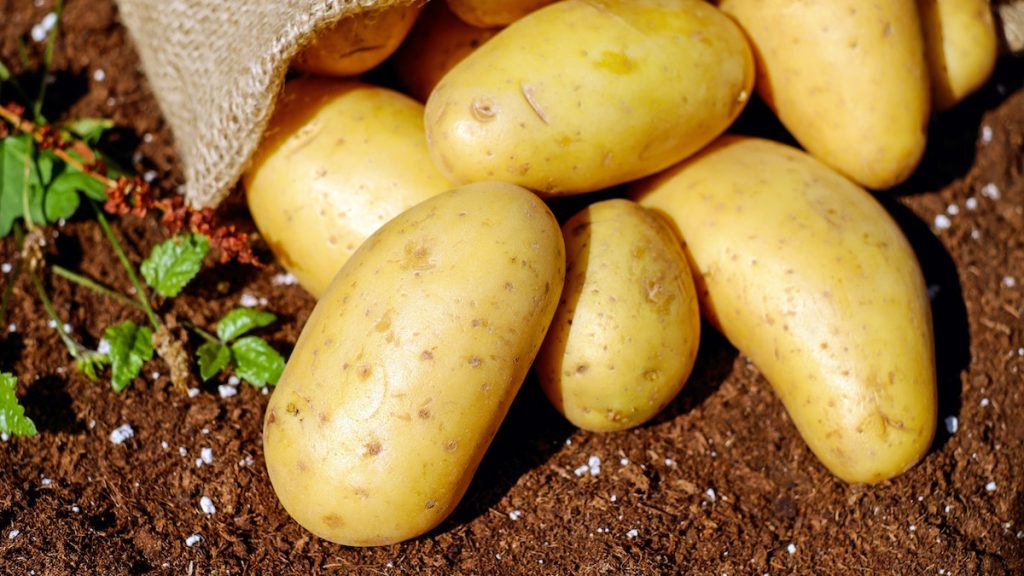
Russet Potatoes
These potatoes have brown, rough skin and white flesh. They are high in starch and are often used for baking, frying, and mashing.
Yukon Gold Potatoes
These potatoes have thin, golden skin and yellow flesh. They are creamy and have a buttery flavor, making them great for roasting, baking, and making mashed potatoes.
Red Potatoes
These potatoes have smooth, red skin and white flesh. They are low in starch and have a slightly sweet flavor. They are great for roasting, boiling, and making potato salad.
Fingerling Potatoes
These small, thin potatoes have a waxy texture and come in a variety of colors, including red, yellow, and purple. They are great for roasting and grilling.
New Potatoes
These young potatoes are harvested before they reach full size, giving them a tender texture and thin skin. They are great for boiling and roasting.
Purple Potatoes
These potatoes have deep purple skin and flesh, making them a colorful addition to any dish. They are high in antioxidants and are great for roasting and making mashed potatoes.
Sweet Potatoes
These potatoes have thin, brown skin and orange flesh. They are high in fiber and vitamins, and are often used for baking, roasting, and making sweet potato fries.
Health Benefits of Potatoes
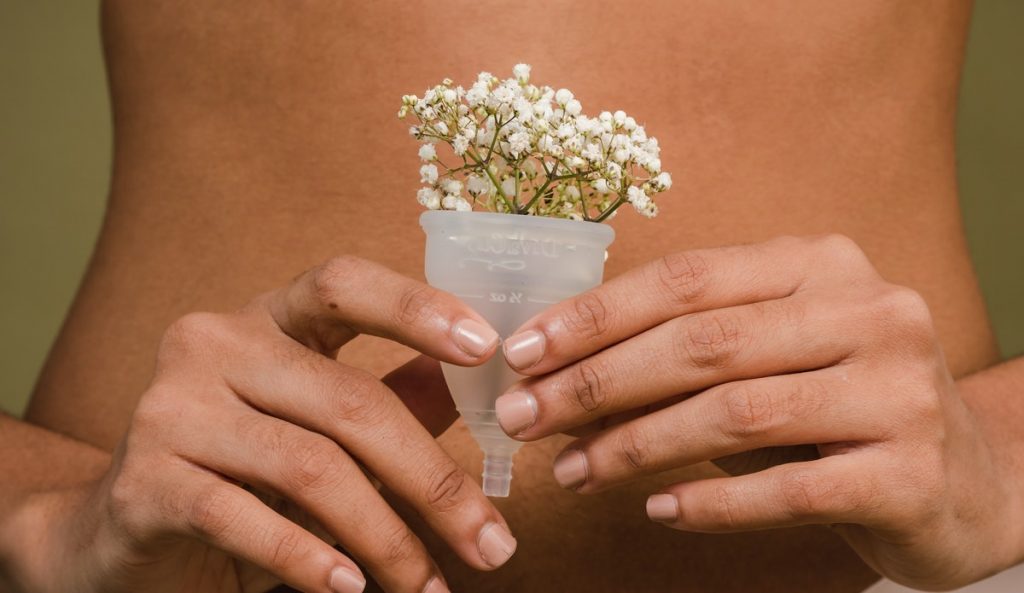
Potatoes Help with Digestion
Potatoes are a great source of dietary fiber, which plays an important role in promoting healthy digestion. Fiber helps to keep the digestive system running smoothly by adding bulk to stool, promoting regular bowel movements, and preventing constipation.
Potatoes also contain resistant starch, which is a type of carbohydrate that is not fully broken down and absorbed by the body. Instead, it passes through the digestive system largely intact, providing fuel for beneficial gut bacteria. These bacteria help to break down other foods in the digestive tract, promoting a healthy balance of gut flora and supporting overall digestive health.
Potatoes Contain Resistant Starch
One unique characteristic of potatoes is that they contain resistant starch, which is a type of carbohydrate that is not fully broken down and absorbed by the body. Instead, it passes through the digestive system largely intact, providing a variety of potential health benefits.
Resistant starch has been shown to act similarly to fiber, promoting feelings of fullness, regulating blood sugar levels, and improving insulin sensitivity. It may also help to reduce inflammation in the body and promote the growth of beneficial gut bacteria.
Furthermore, because resistant starch is not fully digested in the small intestine, it can act as a prebiotic in the large intestine, providing fuel for beneficial bacteria and supporting overall gut health.
Potatoes Help Control Blood Sugar
Potatoes are often considered a high-carbohydrate food and may be thought of as a food to avoid for individuals with diabetes or concerns about blood sugar control. However, research suggests that potatoes can actually be part of a healthy diet for blood sugar management.
Potatoes have a relatively low glycemic index (GI), which means that they are digested and absorbed more slowly than high-GI foods like sugar or refined grains. This slower digestion can help to prevent rapid spikes in blood sugar levels.
Potatoes Boost Brain Function
Potatoes are not just a delicious addition to meals, they also offer numerous health benefits, including boosting brain function. One of the main components of potatoes that contribute to this benefit is their high concentration of carbohydrates. Carbohydrates are the primary fuel source for the brain, and consuming them in the form of potatoes can help provide the energy needed for optimal brain function.
In addition to carbohydrates, potatoes also contain other nutrients that support brain health, such as vitamin C, vitamin B6, and potassium. Vitamin C acts as an antioxidant and helps protect the brain from damage caused by free radicals. Vitamin B6 plays a crucial role in producing neurotransmitters, which are essential for communication between brain cells. Potassium helps maintain healthy blood pressure levels, which can promote healthy blood flow to the brain.
Potatoes Help with Stress

Potatoes are not just delicious and versatile food, they also offer a variety of health benefits, including reducing stress levels. Stress can have negative effects on the body, such as increased inflammation, weakened immune systems, and digestive problems. Fortunately, the high levels of vitamin C and B6 in potatoes can help combat these negative effects and promote a sense of relaxation.
Vitamin C is an important antioxidant that helps protect the body from stress-related damage by reducing inflammation and strengthening the immune system. Potatoes contain about 27 mg of vitamin C per 100 grams, which is about 45% of the recommended daily intake. In addition to vitamin C, potatoes also contain vitamin B6, which plays a crucial role in brain function and the production of serotonin, a neurotransmitter that regulates mood and sleep. Low levels of serotonin have been linked to depression and anxiety, so consuming foods like potatoes that are high in vitamin B6 can help improve mood and reduce stress levels.
Potatoes Aid in Sleep
Potatoes are versatile and popular vegetable that can be prepared in various ways. While most people consume potatoes for their taste, they are also rich in various nutrients that are beneficial for the body, including aiding in sleep.
Potatoes contain a high amount of potassium, which is a mineral that plays an essential role in regulating blood pressure and promoting relaxation. Potassium helps to lower blood pressure by balancing out the effects of sodium in the body. When the body has an adequate amount of potassium, it helps to promote healthy sleep patterns by reducing muscle tension and promoting relaxation.
Potatoes Boost Immunity
Vitamin C
Potatoes are a great source of vitamin C, which plays a crucial role in immune function. Vitamin C helps stimulate the production of white blood cells, which are essential for fighting infections.
Vitamin B6
Potatoes also contain vitamin B6, which helps support the immune system by aiding in the production of antibodies that fight infections.
Iron
Iron is important for immune function because it helps transport oxygen throughout the body. Potatoes are a good source of iron, which can help prevent anemia and keep your immune system functioning properly.
Zinc
Zinc is essential for immune function because it helps activate T-cells, which are responsible for identifying and destroying infected cells. Potatoes contain a small amount of zinc, which can contribute to a healthy immune system.
Potatoes Help with Wound Healing
Potatoes are a great source of nutrients that can help with various health benefits, including wound healing. This is because potatoes are rich in antioxidants, vitamins, and minerals that can help speed up the healing process of wounds.
One of the key nutrients found in potatoes is vitamin C, which is essential for collagen production. Collagen is an important protein that plays a crucial role in wound healing by promoting tissue regeneration and reducing inflammation. Potatoes are also rich in potassium, which can help reduce swelling and promote healing.
To harness the wound-healing benefits of potatoes, you can try using potato slices as a natural remedy. Simply cut a potato into thin slices and apply them directly onto the wound. Leave them on for a few minutes, then rinse the area with clean water. You can repeat this process a few times a day until the wound starts to heal.
Potatoes Have Antioxidant Properties
Potatoes are not only tasty and filling, but they also have numerous health benefits. One of these benefits is their antioxidant properties. Antioxidants are compounds that help protect cells from damage caused by free radicals, which are unstable molecules that can harm cells and contribute to the development of various diseases.
Potatoes contain several types of antioxidants, including flavonoids, carotenoids, and phenolic acids. These compounds work together to scavenge free radicals and protect cells from oxidative stress.
Chlorogenic acid
This compound has been shown to have anti-inflammatory and antioxidant properties, and may help reduce the risk of chronic diseases like heart disease and diabetes.
Anthocyanins
These pigments give some potato varieties their purple color, and have been shown to have antioxidant, anti-inflammatory, and anti-cancer properties.
Vitamin C
Potatoes are a good source of vitamin C, which is a powerful antioxidant that helps protect cells from damage and supports immune function.
Potatoes Promote Heart Health
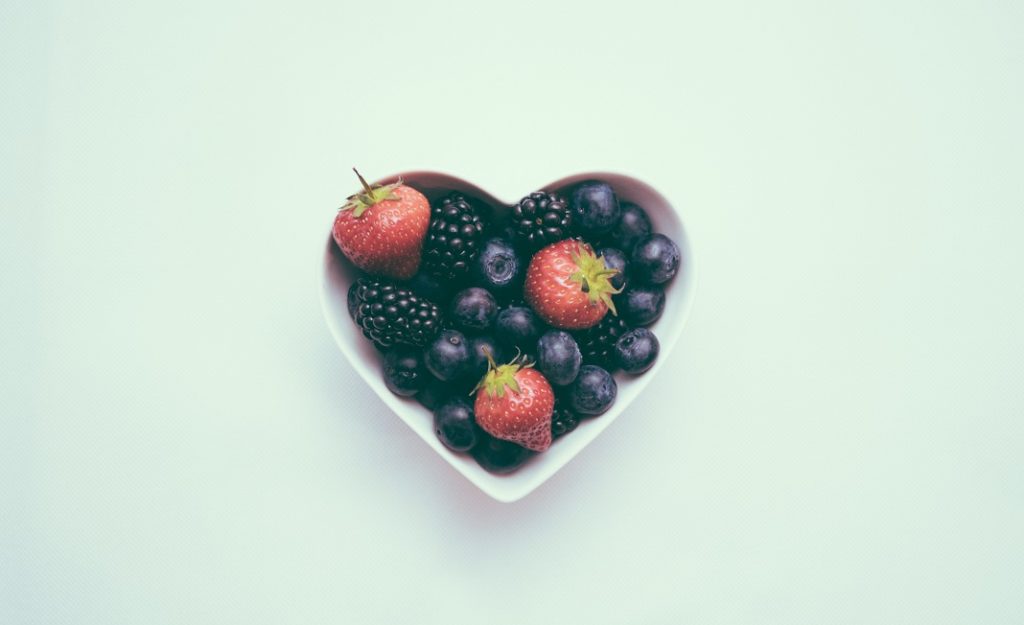
Lowers Cholesterol
Potatoes contain soluble fiber, which has been shown to help lower cholesterol levels. High cholesterol is another risk factor for heart disease, so adding potatoes to your diet can help improve heart health.
Reduces Inflammation
Chronic inflammation is linked to various chronic diseases, including heart disease. Potatoes contain compounds that can help reduce inflammation in the body.
Improves Blood Flow
The compounds in potatoes can also improve blood flow, which can help prevent heart disease.
Lowers Homocysteine Levels
Homocysteine is an amino acid that can damage blood vessels and increase the risk of heart disease. Potatoes contain vitamin B6 and folate, which can help lower homocysteine levels in the blood.
Potatoes Help Lower Blood Pressure
Potatoes are known to provide numerous health benefits, including helping to lower blood pressure. This is because potatoes are rich in potassium, a mineral that has been shown to help reduce blood pressure levels. Potassium works by counteracting the harmful effects of sodium, which is known to raise blood pressure. In fact, increasing potassium intake has been shown to be just as effective as decreasing sodium intake when it comes to reducing blood pressure.
To get the most benefit for blood pressure, it is important to prepare potatoes in a healthy way. This means avoiding deep-frying or cooking them with added oils or fats. Instead, try baking, boiling, or steaming them with minimal seasoning. By doing so, you can enjoy the health benefits of potatoes without compromising your heart health.
Potatoes Help Lower Cholesterol
Potatoes can help lower cholesterol levels in the body. This is because they are rich in soluble fiber, which helps to reduce the absorption of cholesterol in the bloodstream. Additionally, potatoes contain compounds like polyphenols and flavonoids that have been shown to have cholesterol-lowering effects. However, it is important to note that consuming potatoes alone may not be enough to significantly lower cholesterol levels and should be part of an overall healthy diet and lifestyle.
Potatoes are Versatile
Potatoes are indeed very versatile and can be cooked in many different ways to suit different tastes and cuisines. They can be boiled, mashed, fried, roasted, baked, or grilled, and can be seasoned with a variety of herbs and spices to enhance their flavor. Potatoes are also used as a base ingredient in many dishes, such as soups, stews, casseroles, and curries. They can also be used to make snacks like chips and wedges. Because of their versatility, potatoes are a staple food in many cultures around the world.
Potatoes are a Staple Food
Potatoes are indeed a staple food in many parts of the world. They are an important source of carbohydrates, dietary fiber, vitamins and minerals, making them a valuable addition to any diet. Potatoes can be cooked in a variety of ways, from boiling and baking to frying and roasting, and can be used in many different dishes, from soups and stews to casseroles and salads. Their versatility and nutritional benefits make them a popular and important food worldwide.
Potatoes are Great for Snacking
Potatoes can be a great option for snacking, as they are a good source of carbohydrates and can help provide energy throughout the day. Some easy potato snacks include roasted potato wedges, baked potato chips, or mashed potato balls. You can also try making potato croquettes, samosas, or potato pancakes for a more filling snack. Additionally, boiled or steamed potatoes can be a simple and healthy snack option.
What Are The Benefits For The Skin?

Reduces Inflammation
Reducing inflammation is one of the many benefits that potatoes offer. Potatoes contain compounds that have anti-inflammatory properties, making them an effective natural remedy for reducing inflammation throughout the body.
One such compound found in potatoes is chlorogenic acid, which has been shown to help reduce inflammation and protect against cellular damage. Additionally, the high levels of vitamin C in potatoes act as antioxidants, helping to combat inflammation by neutralizing free radicals that can cause oxidative stress and inflammation in the body.
Studies have also shown that consuming potatoes can help reduce inflammation in conditions such as arthritis, irritable bowel syndrome (IBS), and inflammatory bowel disease (IBD). Potatoes contain resistant starch, which is a type of carbohydrate that resists digestion and reaches the large intestine intact. There, it acts as food for beneficial gut bacteria, which can help reduce inflammation in the gut and throughout the body.
Brightens Skin
Potatoes are a natural remedy that can help brighten and even out your skin tone. The high levels of vitamin C and potassium found in potatoes can help improve the appearance of your skin by reducing the appearance of dark spots, blemishes, and other discolorations.
Vitamin C is a powerful antioxidant that can help neutralize free radicals in the skin that contribute to aging and other forms of damage. This can help brighten the skin and reduce the appearance of dark spots and other discolorations. Additionally, the enzymes and starch in potatoes can help exfoliate the skin, removing dead skin cells and promoting the growth of new, healthy skin cells.
To use potatoes to brighten the skin, there are a few different methods you can try. One is to grate a raw potato and apply the juice to your face using a cotton ball or pad. Leave the juice on for 10-15 minutes before rinsing it off with warm water. Another option is to slice a raw potato and place the slices directly on your face, leaving them on for 10-15 minutes before rinsing off. You can also mix potato juice with other natural ingredients such as honey, lemon juice, or cucumber juice for an even more potent brightening effect
Exfoliates skin
Potatoes contain enzymes and starch that can act as a natural exfoliant for the skin. When used as a scrub or mask, it can help remove dead skin cells and promote the growth of new, healthy skin cells. To use potatoes for exfoliation, simply grate a potato and mix it with a tablespoon of honey or olive oil to create a paste. Gently massage the mixture onto your face in circular motions for a few minutes, then rinse off with warm water. Your skin will be left feeling smooth, soft, and refreshed.
Reduces dark circles

Potatoes can be a great natural remedy for reducing the appearance of dark circles under the eyes. The high concentration of antioxidants, vitamins, and enzymes in potatoes can help improve blood circulation and reduce inflammation in the delicate skin around the eyes, which can help diminish the appearance of dark circles. To use potatoes for this purpose, simply slice a raw potato into thin rounds and place them over your closed eyes for 10-15 minutes. Alternatively, you can extract the juice from a potato and apply it to the affected area with a cotton ball. Repeat this process daily for the best results.
Soothes sunburn
Potatoes contain anti-inflammatory properties that make them a great natural remedy for soothing sunburn. The cool temperature of a potato can also help to reduce redness and swelling caused by sunburn. To use potatoes for sunburn relief, simply cut a raw potato into thin slices and place them over the affected area. Alternatively, you can blend a raw potato in a blender and apply the resulting paste to the sunburned skin. Leave the potato on for 10-15 minutes, then rinse off with cool water. Repeat this process as needed to soothe sunburn and promote healing.
Moisturizes skin
Potatoes contain vitamin C and vitamin B6, both of which are essential for maintaining healthy skin. These vitamins help to promote the production of collagen, which is responsible for keeping skin firm and elastic. Additionally, the natural moisture content in potatoes can help to hydrate and moisturize the skin. To use potatoes as a natural moisturizer, blend a potato in a blender or food processor and apply the resulting paste to your face. Leave it on for 15-20 minutes, then rinse off with warm water. Your skin will be left feeling soft, supple, and moisturized.
Fights acne
Potatoes contain natural compounds that have been shown to help fight acne. For example, potatoes contain sulfur compounds that have antibacterial properties, which can help to kill the bacteria that cause acne. Additionally, the enzymes found in potatoes can help to exfoliate the skin, removing dead skin cells that can clog pores and contribute to the development of acne. To use potatoes for acne relief, cut a raw potato into thin slices and rub them directly onto the affected area. Leave the potato juice on for 5-10 minutes, then rinse off with warm water. Repeat this process daily to help reduce the appearance of acne and promote clearer, healthier-looking skin.
Reduces wrinkles
Potatoes are also known to have anti-aging benefits, particularly when it comes to reducing the appearance of wrinkles. Potatoes contain an enzyme called catecholase, which has been shown to help brighten and even out skin tone. This can help to reduce the appearance of fine lines and wrinkles, giving your skin a more youthful look. To use potatoes for anti-aging benefits, grate a raw potato and apply the resulting pulp to your face. Leave it on for 15-20 minutes, then rinse off with warm water. Repeat this process regularly to help reduce the appearance of wrinkles and promote a more youthful-looking complexion.
Delicious Potato Recipes
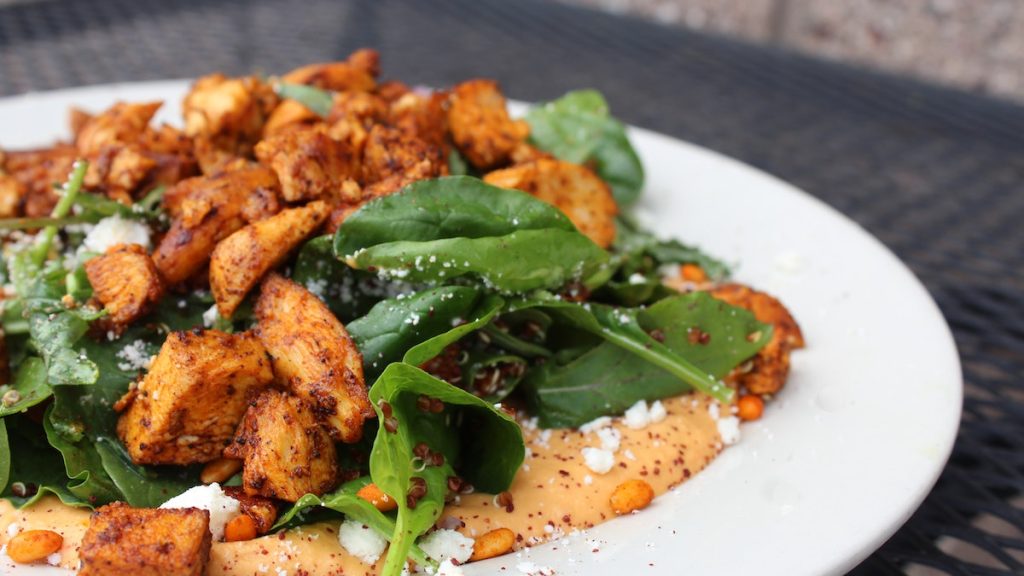
Baked Potatoes
Simply rub a potato with oil, sprinkle with salt, and bake in the oven until crispy on the outside and soft on the inside.
Mashed Potatoes
Boil potatoes until tender, then mash with butter, milk, and seasonings for a creamy and comforting side dish.
Potato Salad
Boil potatoes until tender, then mix with chopped vegetables, mayonnaise, and mustard for a tangy and refreshing salad.
French Fries
Cut potatoes into thin strips, fry until crispy, and season with salt and other spices for a classic snack or side dish.
Hash Browns
Shred potatoes and cook in a pan with oil until crispy and golden brown.
Potato Soup
Simmer potatoes with onions, garlic, broth, and cream for a comforting and hearty soup.
Roasted Potatoes
Cut potatoes into small pieces, toss with oil and seasonings, and roast in the oven until crispy and golden brown.
Potato Wedges
Cut potatoes into wedges, season with spices, and bake in the oven until crispy and delicious.
Potato Gratin
Layer thinly sliced potatoes with cheese, cream, and seasonings for a rich and decadent side dish.
Potato Curry
Cook potatoes with curry powder, coconut milk, and other flavorful ingredients for a spicy and satisfying vegetarian meal.
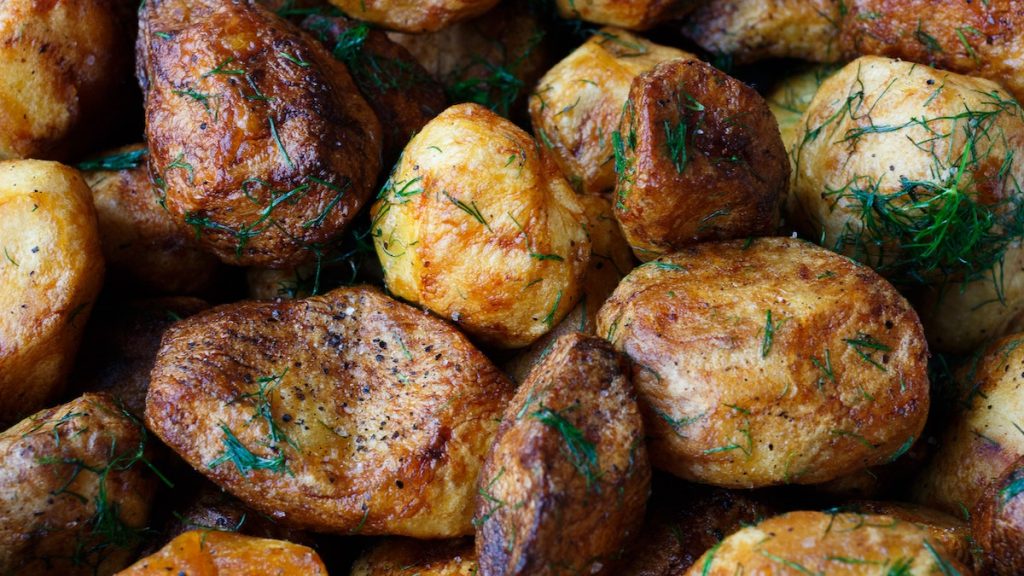
How To Select And Store Potatoes?
Potatoes are a staple ingredient in many dishes, and it’s important to select and store them properly to ensure they stay fresh and flavorful. Here are some tips on how to select and store potatoes:
Selecting Potatoes
Consider the type of potato. There are many types of potatoes, each with its own unique flavor, texture, and cooking properties. Some common types include russet, Yukon Gold, red, and fingerling potatoes.
Look for firm, smooth potatoes that are free from blemishes, bruises, and soft spots.
Check the color of the potato. Russet potatoes should be brown with no green spots, while red and yellow potatoes should have a vibrant color.
Avoid potatoes that are sprouting or have a greenish tint, as these can be signs of age and exposure to light.
If you’re buying potatoes in a bag, check for any signs of moisture or condensation, which can cause the potatoes to spoil.
Consider the size of the potato. Smaller potatoes are often sweeter and have a more tender texture, while larger potatoes are better for baking and frying.
If you’re planning to use potatoes for mashed potatoes or potato salad, look for potatoes that are similar in size and shape, so they cook evenly.
Consider the season. Potatoes are typically harvested in the fall and winter, so look for fresh, local potatoes during these times.
Smell the potatoes to check for freshness. They should have a mild, earthy aroma.
Ask for advice. If you’re unsure about which potatoes to choose, ask a produce manager or someone with knowledge about different types of potatoes for advice.
Storing Potatoes
Store potatoes in a cool, dark place like a pantry or cellar. Avoid storing them in the refrigerator, as the cold temperature can turn the starch in the potatoes to sugar and affect the flavor.
Keep potatoes in a well-ventilated container or paper bag to prevent moisture buildup, which can cause them to spoil.
Check your potatoes regularly for signs of spoilage and remove any that are soft, sprouting, or have blemishes. One bad potato can quickly spoil the entire batch.
Avoid storing potatoes near onions, as the gases they release can cause each other to spoil faster.
What About The Facts On Potatoes?
- Potatoes were first cultivated in the Andes Mountains of South America around 8,000 years ago by the Incas.
- There are over 4,000 different varieties of potatoes, each with its own unique flavor, texture, and color.
- Potatoes are the fourth largest crop in the world after rice, wheat, and corn.
- The average American consumes around 140 pounds of potatoes per year.
- Potatoes are a good source of vitamin C, potassium, and fiber.
- The skin of a potato contains more nutrients than the flesh, so it’s best to eat them with the skin on.
- The world’s largest potato weighed in at over 18 pounds, according to the Guinness World Records.
- Potatoes can be used in a variety of dishes, from mashed potatoes to French fries to potato salad.
- In 1845, a potato blight in Ireland caused a famine that resulted in the deaths of over 1 million people.
- Potatoes are used in many cultures as a symbol of prosperity and good luck.
Are any Side Effects Of Potatoes?
Potatoes are generally considered a safe and nutritious food for most people to consume. However, there are some potential side effects to keep in mind:
Allergic reactions
Some people may be allergic to potatoes or develop an allergic reaction after consuming them. Symptoms of a potato allergy can include itching, hives, difficulty breathing, or anaphylaxis in severe cases.
Digestive issues
Potatoes contain a type of carbohydrate called resistant starch, which can be difficult for some people to digest. This can lead to symptoms like bloating, gas, and diarrhea.
Glycemic index
Potatoes are a high glycemic index food, which means they can cause a rapid increase in blood sugar levels. This can be a concern for people with diabetes or insulin resistance.
Toxins
The skin and sprouts of potatoes contain a toxin called solanine, which can cause nausea, vomiting, and diarrhea if ingested in large quantities. It’s important to store potatoes properly and remove any sprouts or green spots before consuming them.
How to Cook Potatoes?
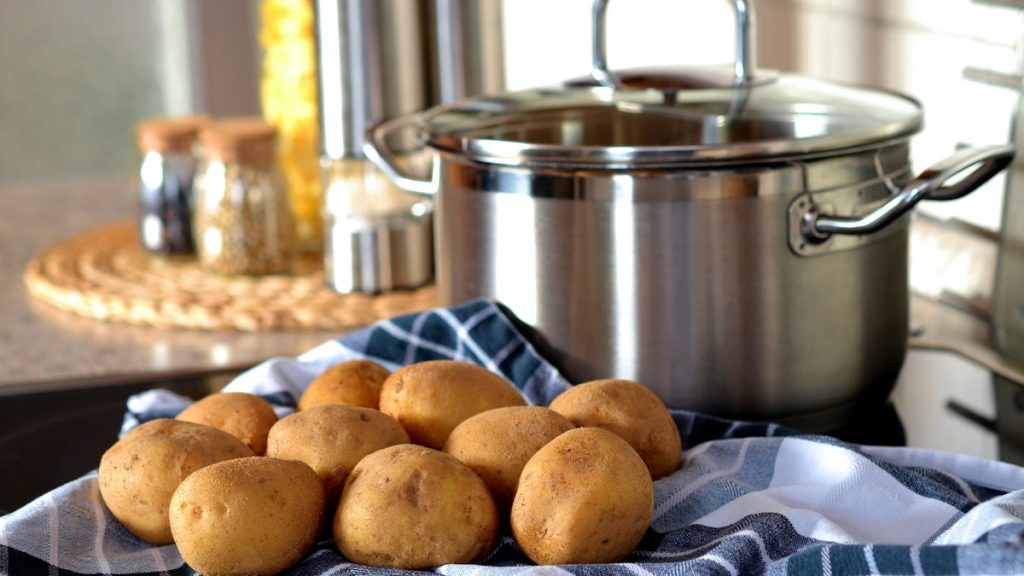
Potatoes are one of the most versatile ingredients in the kitchen. They can be boiled, mashed, roasted, fried, and baked. Here are some popular methods for cooking potatoes:
Boiling
Boiling potatoes is one of the simplest and most popular methods of cooking them. To boil potatoes, start by washing them thoroughly and cutting them into even-sized pieces. Place the potatoes in a pot of cold water and add salt. Bring the water to a boil and then reduce the heat to a simmer. Cook the potatoes for 15-20 minutes, or until they are tender when pierced with a fork.
Roasting
Roasting potatoes is a great way to add flavor and texture to this versatile vegetable. To roast potatoes, start by preheating your oven to 400°F (200°C). Wash and cut the potatoes into small, evenly sized pieces. Toss the potatoes in olive oil and season with salt, pepper, and any other herbs or spices you prefer. Spread the potatoes on a baking sheet and roast for 20-30 minutes, or until they are golden brown and crispy.
Mashing
Mashed potatoes are a classic side dish that pairs well with almost any meal. To make mashed potatoes, start by peeling and boiling potatoes until they are tender. Drain the potatoes and add butter, milk, and salt to taste. Mash the potatoes until they are smooth and creamy. For extra flavor, you can add garlic, herbs, or cheese.
Frying
Fried potatoes, such as French fries or hash browns, are a popular comfort food. To fry potatoes, start by washing and cutting them into thin slices or small pieces. Heat oil in a frying pan or deep fryer until it reaches 350-375°F (175-190°C). Fry the potatoes in small batches until they are golden brown and crispy. Drain the potatoes on a paper towel and season with salt.
Baking
Baked potatoes are a simple and satisfying meal that can be topped with a variety of toppings, such as butter, sour cream, cheese, and chives. To bake potatoes, preheat your oven to 375°F (190°C). Wash the potatoes and prick them several times with a fork. Rub the potatoes with oil and sprinkle with salt. Place the potatoes on a baking sheet and bake for 45-60 minutes, or until they are tender when pierced with a fork.
FAQs
Q. Are potatoes bad for you?
A. Potatoes are not bad for you when consumed in moderation. They are a good source of essential nutrients and can offer a range of health benefits.
Q. Can potatoes help with weight loss?
A. Potatoes are relatively low in calories and can be a healthy addition to a weight loss diet. However, it’s important to watch portion sizes and avoid consuming potatoes in high-fat preparations like French fries.
Q. Are sweet potatoes better than white potatoes?
A. Both sweet potatoes and white potatoes are nutritious and offer health benefits. Sweet potatoes are higher in fiber and Vitamin A, while white potatoes are a better source of Vitamin C and potassium.
Conclusion
Potatoes are not just a tasty addition to your diet but also a nutritional powerhouse that can offer a range of health benefits. From improving digestion to enhancing brain function and promoting heart health, there are plenty of reasons to include potatoes in your diet. So next time you’re deciding what to cook for dinner, consider adding some potatoes to the menu and enjoy the incredible benefits they have to offer.















